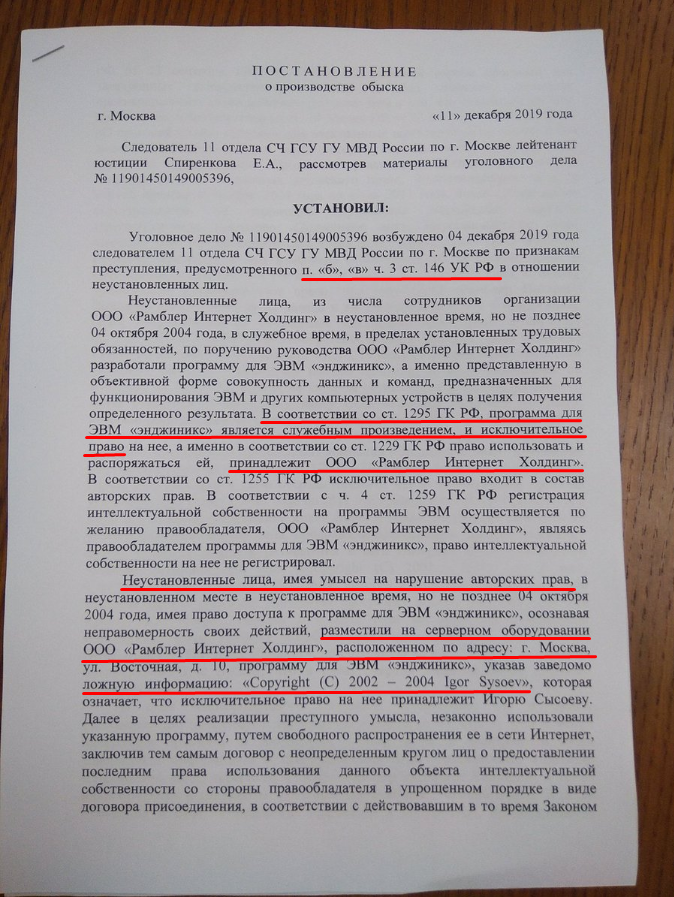
A couple of reader alerts:
In order to (somewhat) simplify the description process and tighten the volume of the article we are going to write, it is essential to make a significant remark and state the primary constraint right away — everything we are going to tell you today on the practical side of the problematics is viable only in terms of TLS 1.3. Meaning that while your ECDSA certificate would still work in TLS 1.2 if you wish it worked, providing backwards compatibility, the description of the actual handshake process, cipher suits and client-server benchmarks covers TLS 1.3 only. Of course, this does not relate to the mathematical description of algorithms behind modern encryption systems.
This article was written by neither a mathematician nor an engineer — although those helped to find a way around scary math and reviewed this article. Many thanks to Qrator Labs employees.
(Elliptic Curve) Diffie-Hellman (Ephemeral)
The Diffie–Hellman legacy in the 21 century
Of course, this has started with neither Diffie nor Hellman. But to provide a correct timeline, we need to point out main dates and events.
There were several major personas in the development of modern cryptography. Most notably, Alan Turing and Claud Shannon both laid an incredible amount of work over the field of theory of computation and information theory as well as general cryptanalysis, and both Diffie and Hellman, are officially credited for coming up with the idea of public-key (or so-called asymmetric) cryptography (although it is known that in the UK there were made serious advances in cryptography that stayed under secrecy for a very long time), making those two gentlemen pioneers.
In what exactly?




















